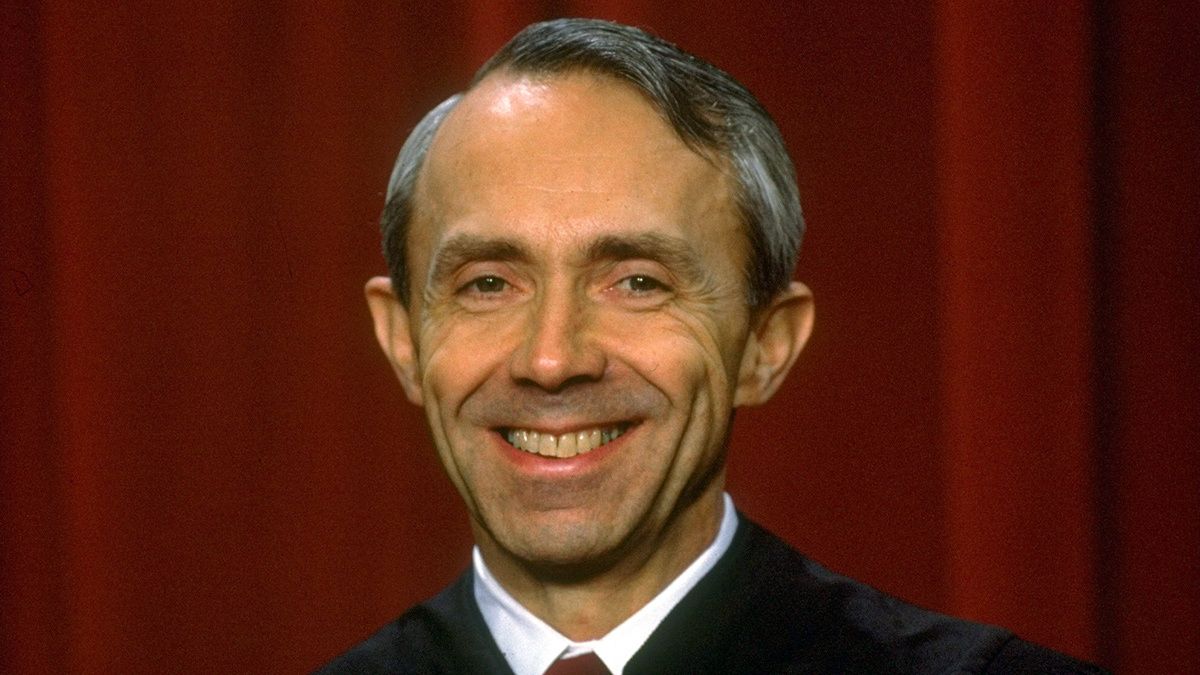Steve Hilton Runs for CA Governor: Can He Win?
Steve Hilton Enters California Governor Race: Can He Turn the Tide?
The Unexpected Challenger: Steve Hilton Joins the Fray
Well, folks, it looks like the California governor's race just got a whole lot more interesting! Steve Hilton, the former Fox News host and advisor to David Cameron, has officially announced his candidacy for governor in 2026. He's throwing his hat into the ring as a Republican, aiming to succeed Gavin Newsom, who's term-limited. This could be a real shake-up for California politics. But can he actually pull it off in a state that leans so heavily blue?
Hilton's Vision: A Conservative Earthquake in the Golden State?
During his campaign launch in Huntington Beach, Hilton didn't pull any punches. He took aim at the Democratic establishment, blaming them for California's high taxes, exorbitant housing costs, and what he calls "the destruction of the California dream." Ouch! He's clearly positioning himself as the anti-establishment candidate, promising to bring common-sense conservative principles back to Sacramento. But is California ready for that kind of change? Only time will tell.
Taking on Kamala: A Bold Move or Political Suicide?
Hilton seems to be relishing the prospect of facing off against former Vice President Kamala Harris, who is rumored to be considering a run for governor herself. He's already firing shots, stating the governor's job is not a "consolation prize to be handed out to a failed and rejected machine politician from Washington… who thinks she should get this job because of her identity, not her ability." Strong words! He's clearly trying to frame the election as a battle between a fresh perspective and a career politician. It’s a risky strategy, but it might resonate with voters who are tired of the status quo.
California's Challenges: What's at Stake?
California faces a multitude of challenges right now. Let's take a closer look:
The Housing Crisis: Can Hilton Offer Solutions?
Sky-high home prices and a severe housing shortage are crippling the state. Can Hilton offer realistic solutions to make homeownership more accessible for average Californians? Will he propose deregulation, incentives for developers, or something completely different?
The Tax Burden: Is Relief on the Horizon?
California is known for its high taxes, which many argue are driving businesses and residents out of the state. Hilton promises tax relief, but how will he balance the budget and maintain essential services? It's a delicate balancing act.
The Cost of Living: Can California Become Affordable Again?
Beyond housing and taxes, the overall cost of living in California is astronomical. Everything from groceries to gas is more expensive than in most other states. What concrete steps will Hilton take to address this issue?
Hilton's Background: From Downing Street to Fox News
Advising David Cameron: A Glimpse into His Political Past
Hilton's experience as an advisor to former British Prime Minister David Cameron gives him a unique perspective on governance. He understands the complexities of policy-making and has experience navigating the political landscape. But will his British background resonate with California voters?
Hosting on Fox News: Sharpening His Conservative Voice
His six years hosting a show on Fox News honed his conservative voice and gave him a platform to reach millions of viewers. He knows how to connect with an audience and articulate his ideas effectively. But will that be enough to win over California?
Why This Race Matters: The Future of California Hangs in the Balance
This election is about more than just choosing a governor. It's about the future of California. Will the state continue down the path it's on, or will voters choose a new direction? This is a pivotal moment in California's history. Are we ready for a change? Is Hilton the right person to lead that change?
The Harris Factor: Will She or Won't She?
A Potential Showdown: Hilton vs. Harris
The possibility of a Hilton vs. Harris matchup is generating a lot of buzz. It would be a clash of ideologies, personalities, and backgrounds. It would undoubtedly be a high-stakes, closely watched race.
Political Calculations: Is California the Right Move for Harris?
For Kamala Harris, running for governor could be a way to rebuild her political brand after her time as Vice President. But it's also a gamble. A loss could damage her future prospects. She's likely weighing her options carefully.
Republican Hopes: A Chance to Regain Ground
The California Republican Party has been struggling in recent years. This election represents a chance for them to regain some ground and demonstrate that conservative ideas still have a place in the state. Hilton's candidacy could energize the Republican base and attract independent voters who are looking for an alternative to the Democratic establishment.
California's Shifting Demographics: A Changing Landscape
California's demographics are constantly evolving. The state is becoming more diverse, and the political landscape is shifting. To win, Hilton will need to appeal to a broad range of voters, not just the traditional Republican base. He will need to understand and address the needs of different communities and build a coalition that can propel him to victory.
The Road Ahead: Challenges and Opportunities for Hilton
Building a Campaign: Resources and Strategy
Hilton faces a significant challenge in building a campaign from scratch. He'll need to raise money, assemble a team, and develop a clear and compelling message. He'll also need to navigate the complex California political landscape and build relationships with key stakeholders.
Connecting with Voters: The Importance of Authenticity
In today's political climate, authenticity is more important than ever. Voters want to know that their leaders are genuine and that they understand their concerns. Hilton will need to connect with voters on a personal level and demonstrate that he's truly committed to improving their lives. No more empty promises!
The Bottom Line: A Race Worth Watching
Whether you agree with Steve Hilton's politics or not, his candidacy for governor of California is undoubtedly a game-changer. It injects a new level of excitement and uncertainty into the race and forces voters to consider what kind of future they want for the Golden State. This is a race that everyone should be watching closely.
Conclusion: A New Chapter for California Politics?
Steve Hilton's entrance into the 2026 California governor race marks a significant shift in the state's political landscape. His conservative platform, combined with his media experience and willingness to challenge the status quo, creates a compelling narrative. The election will be a test of California's political identity and a chance for voters to decide whether they're ready for a new direction. Whether Hilton can deliver on his promises and convince Californians to embrace his vision remains to be seen, but one thing is certain: the next few years will be an interesting ride.
Frequently Asked Questions
- Why is Steve Hilton running for California governor?
Steve Hilton says he's running to address California's high taxes, soaring home prices, and overall cost of living, which he believes are harming the state.
- What are Steve Hilton's key policy positions?
Hilton is running on a conservative platform, emphasizing tax relief, affordable housing, and a return to "common-sense" policies. He is yet to release specific policy proposals.
- Who are the other potential candidates in the 2026 California governor's race?
Besides Steve Hilton, former Vice President Kamala Harris is rumored to be considering a run. Other potential candidates from both parties may emerge as the election cycle progresses.
- What are the biggest challenges facing California that the next governor will need to address?
The next governor will need to tackle issues such as the housing crisis, high taxes, the rising cost of living, and the state's growing homeless population.
- How can I learn more about Steve Hilton's campaign and his positions on the issues?
You can visit Steve Hilton's campaign website (once launched), follow him on social media, and stay informed through news coverage of the California governor's race.


